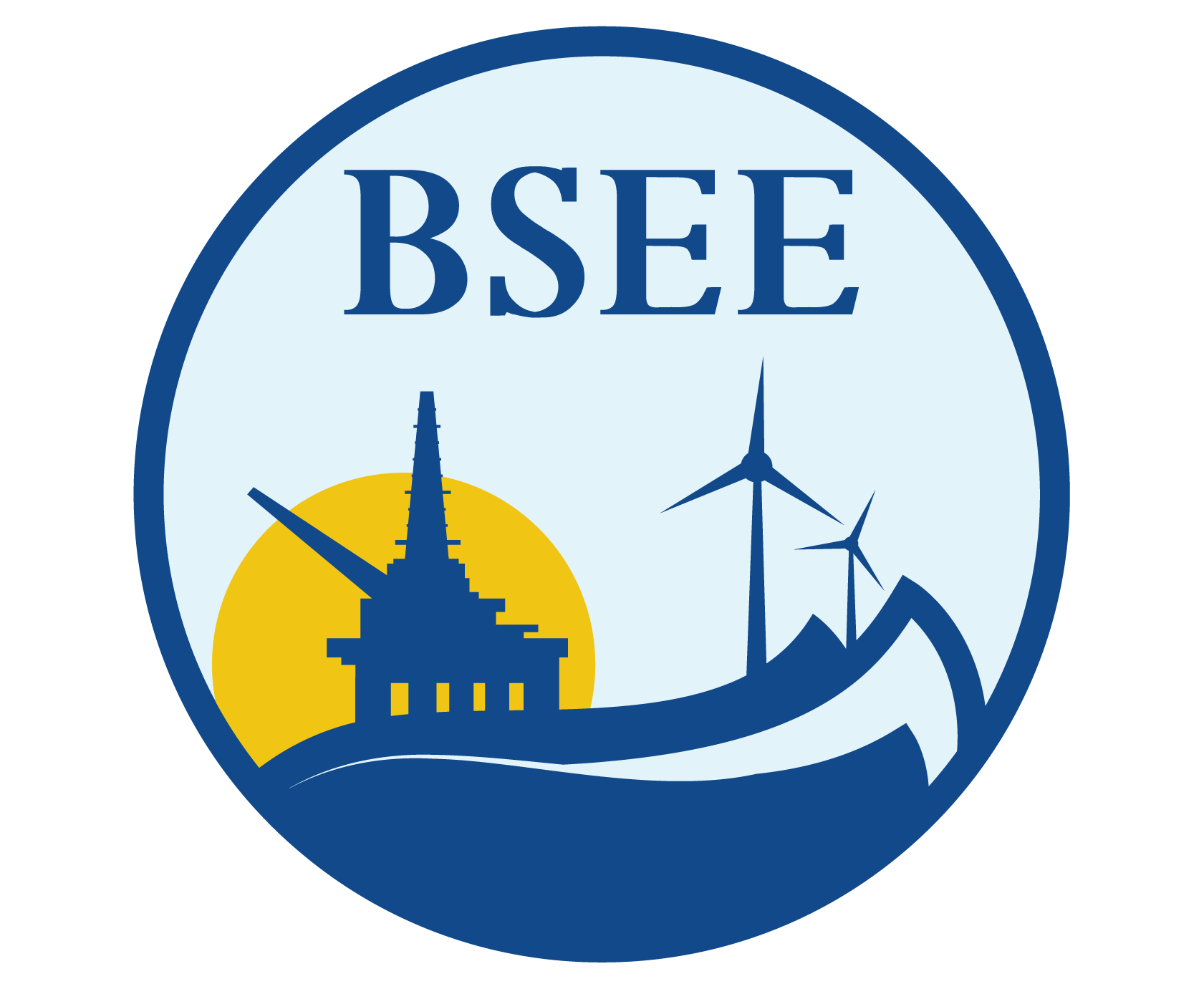TAP-298-Testing at Ohmsett to Determine Optimum Times to Decant to Temporary Storage Devices
The Objective of this study is to conduct full-scale tests of recovered oil/emulsion/water separation rates at OHMSETT in order to predict the optimum time for decanting separated water in temporary storage devices.
